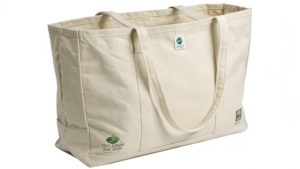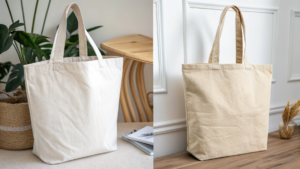What is the best way to clean an acrylic badge?
At a glance, cleaning an acrylic badge seems like a simple task. But take a closer look, and you’ll find that how we maintain these items reflects how we value the tools that represent us.
The best way to clean an acrylic badge is to use a microfiber cloth and a gentle, non-abrasive cleaning solution, like diluted dish soap and water. Avoid harsh chemicals such as alcohol, ammonia, or acetone, as these can permanently damage the acrylic surface.
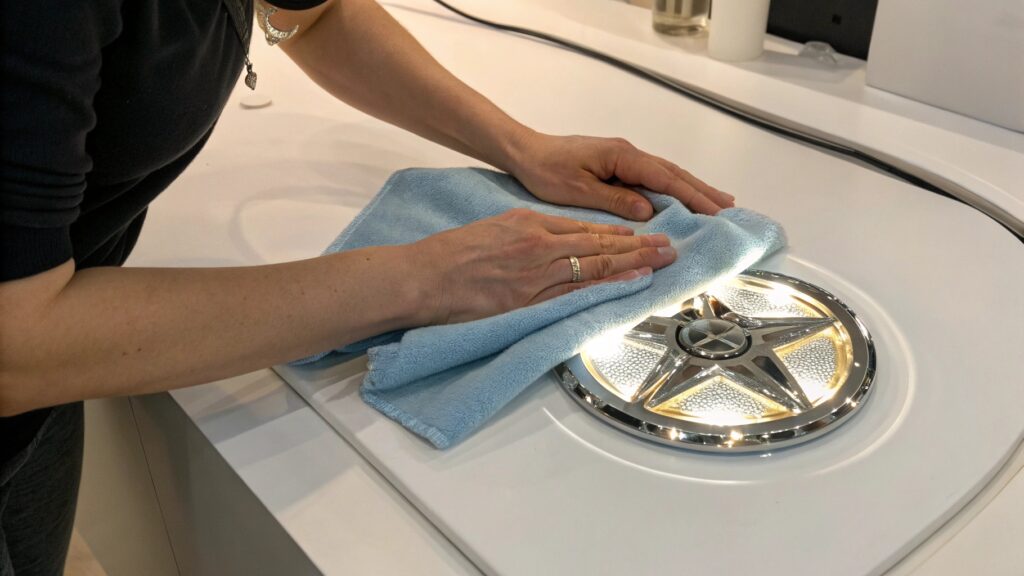
Acrylic badges—whether used for access control, staff identification, or event credentials—aren’t just plastic rectangles. They are symbols of authority, identity, and trust. Because acrylic is known for its glass-like clarity but also its vulnerability to scratches and chemical damage, improper cleaning can ruin both its appearance and its purpose.
Can I use alcohol to clean acrylic?
Many people grab an alcohol wipe for cleaning, thinking it will sanitize. This is a common mistake.
No, you should not use alcohol to clean acrylic badges1. Alcohol can chemically degrade acrylic, causing it to become cloudy, hazy, or even crack over time, which permanently damages the badge.

From my experience working with materials and branding, this is what most people get wrong. They treat acrylic like ordinary plastic. They grab an alcohol wipe, paper towel, or kitchen cleaner. Within weeks, the badge is cloudy, scratched, or even cracked around the edges. This is not just wear and tear. It is avoidable damage. Alcohol contains chemicals that break down the polymers in acrylic. This chemical reaction causes the clear surface to become opaque and brittle. I have seen countless badges ruined this way, making them look old and unprofessional long before their time. Understanding this chemical reaction is important. It helps you avoid damaging the very items meant to represent your brand clearly. The same applies to hand sanitizers which often contain high percentages of alcohol. Wiping a badge with an alcohol-based hand sanitizer can have the same damaging effect. It is a slow process, but the damage builds up over time. It makes the badge lose its crisp, clean look.
What can damage acrylic?
You want your badge to look sharp and professional, but what exactly can cause harm to your badge? It is easy to think all plastics are the same, but acrylic has specific vulnerabilities.
Acrylic can be damaged by abrasive materials, harsh chemicals like ammonia or acetone, high heat, and sharp impacts, all of which can lead to scratches, cloudiness, or cracking.
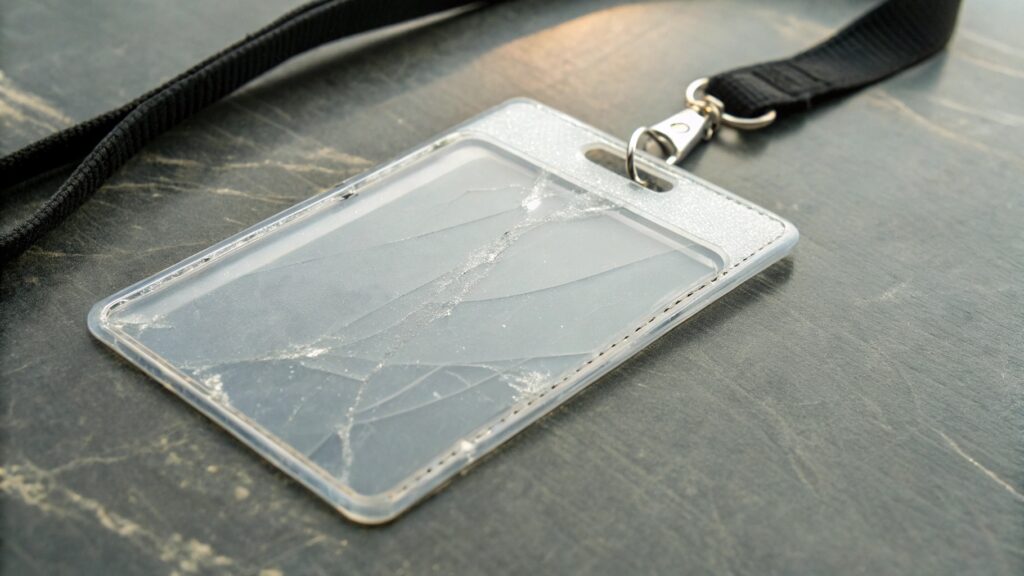
Understanding what can damage acrylic is important for proper maintenance. Besides alcohol, other common household items can harm your badges. For example, rough cleaning cloths, like paper towels or coarse sponges, can leave tiny scratches on the surface. These scratches build up over time, making the badge look dull and worn. I have seen how a badge that was once crystal clear can become hazy and difficult to read just from using the wrong cleaning tool. Many glass cleaners contain ammonia, which is another chemical that reacts poorly with acrylic. It can cause a milky appearance or even surface pitting. Acetone, often found in nail polish remover, is extremely damaging. Even a small amount can melt or dissolve the acrylic, creating irreparable damage. High heat can also cause acrylic to warp or deform. Leaving a badge in direct sunlight on a dashboard on a hot day could soften the material.
Here is a table showing common damaging agents2:
| Damaging Agent | Type of Damage |
|---|---|
| Alcohol | Cloudiness, haziness, cracking |
| Ammonia | Milky appearance, surface pitting |
| Acetone | Melting, dissolving, severe damage |
| Abrasive Cloths | Scratches, dullness |
| High Heat | Warping, deformation |
| Direct Impact | Chips, cracks |
Avoiding these agents helps ensure the longevity and clarity of your acrylic badges. My work with corporate gifts has shown me that small details like a clean badge can make a big difference in how a brand is perceived.
What is the best cleaner for acrylic?
You want your badge to look sharp and professional. What is the right way to clean it without causing harm?
The best cleaner for acrylic3 badges is a soft microfiber cloth combined with a gentle, non-abrasive solution, such as a diluted mixture of mild dish soap and water or a cleaner specifically made for acrylic surfaces.
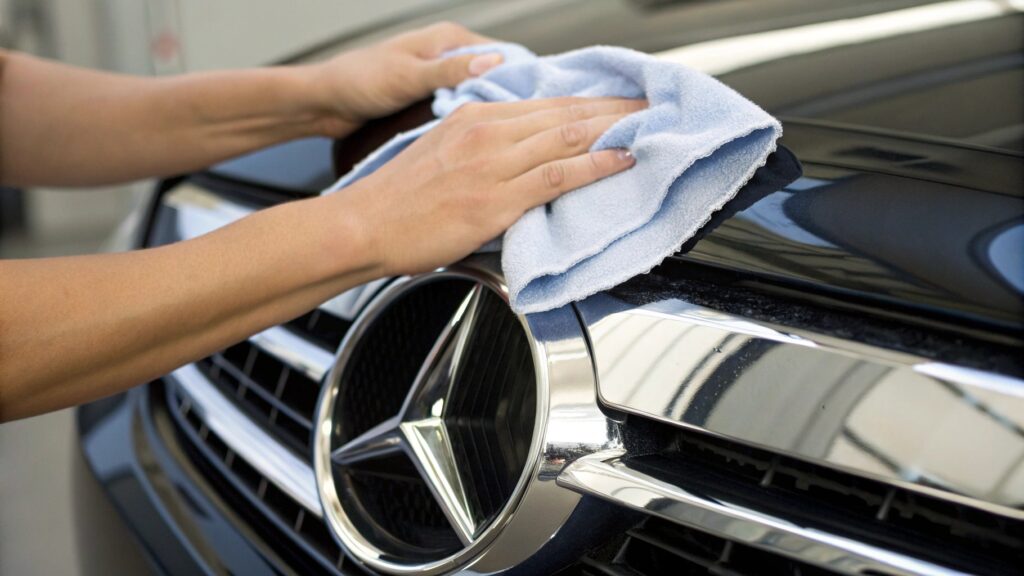
The right way to clean an acrylic badge isn’t just about keeping it “looking nice.” It is about preserving its function, clarity, and the message it communicates—clean, sharp, and professional. To clean an acrylic badge safely, I recommend using a soft microfiber cloth. These cloths are designed to pick up dust and dirt without scratching the surface. For the cleaning solution, a simple mix of mild dish soap and water works best. You only need a few drops of soap in lukewarm water. This creates a gentle solution that cuts through oils and grime without damaging the acrylic. You can also find specialized acrylic cleaners. These products are formulated to be safe and effective for acrylic. I tell clients to apply the solution to the cloth first, not directly to the badge. Then, wipe the badge in soft, circular motions. If the badge has been in contact with skin oils or makeup, rinse it lightly with plain water first. This helps prevent grinding dirt into the surface as you wipe. After cleaning, dry the badge immediately with a clean, dry microfiber cloth to prevent water spots. This careful approach maintains the clarity of the badge. It also helps it last longer.
Conclusion
The best way to clean an acrylic badge is with a microfiber cloth and mild soap and water. Avoid alcohol and harsh chemicals to keep it clear and professional.
-
Explore this resource to learn effective maintenance tips for acrylic badges, ensuring they remain clear and professional-looking for longer. ↩
-
This link will provide insights into everyday items that can harm acrylic, helping you protect your badges from avoidable damage. ↩
-
Discover the most effective and safe cleaning solutions for acrylic surfaces to maintain their clarity and longevity. ↩



